Executive MBA participants' graduation theses provide highly relevant new knowledge, as well as tangible advice for leaders
The fourth and final semester of the Executive MBA programme at the Gothenburg School of Business, Economics and Law includes an academic thesis which contributes new research findings and provides new knowledge that can be applied to develop companies. This year’s theses are particularly relevant for those interested in organisational development, decision-making and management of current challenges.
The Executive MBA at the School of Business, Economics and Law at the University of Gothenburg is a 21-month programme. It focuses on leadership and business management in a global market and is held part-time, meaning that participants study in parallel to working as managers and leaders. The programme's four semesters have different main themes: From strategy to action; Managing functions; Navigating in a changing world; Renewing business. The final academic thesis corresponds to 15 higher education credits and is written in pairs or individually.
“This year's theses are of a high quality and highlight very relevant business challenges. The thesis work includes studies of existing research, as well as self-conducted research and analyses that add to the current body of knowledge. There are many interesting findings and insights in the theses," says Håkan Ericson, CEO, GU Executive Education.
The theses reflect the varying experience and backgrounds of the 20 participants, as well as current challenges in the business and public sectors. Change and development work, often in relation to digitalisation, are recurring themes. Here are a few examples:
Artificial Intelligence in Season is about the institutionalisation of artificial intelligence, AI, in Swedish organisations. The authors state that AI is here to stay, and that Swedish companies were late starters in a global comparison but are now very active in this area. The technology exists. The challenges are mainly human and cultural. The thesis analyses the implementation of AI in the light of institutional theory. Companies that are digital to start with, are often far ahead. However, examples of successful AI initiatives in very traditional companies are also highlighted. The thesis clarifies the key challenges and provides clear advice and recommendations on how organisations can succeed with and through the implementation of AI.
By Michael Bengtsson, Mindbender and Felix Törner, Emerson Rosemount Tank Radar
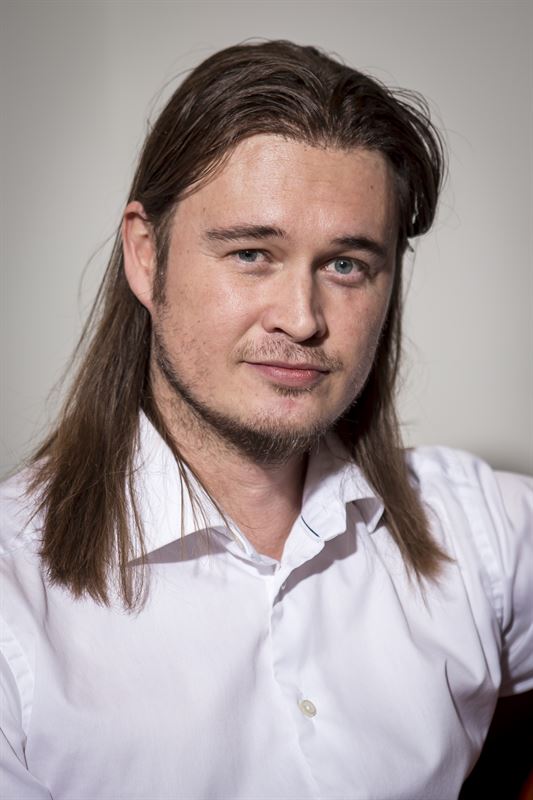

Nudging culture is about using nudging to change employee behaviour. Nudging has been proven as a method within sustainability and health. It is a new tool for influencing employees to strengthen or develop an organisation's culture. The authors note that nudging has the potential to strengthen a process of change, but also highlight that certain conditions are required. The thesis presents a model, the Cultural Nudge Model, which includes recommendations on the preliminary work that is important for nudging to have the desired effect. The authors are also clear that nudging does not work as the only tool in a process of change, but rather as a complement that can benefit in specific parts of the process.
By Camilla Millqvist, MAQS Law Firm and Julia Vasilis, Liseberg

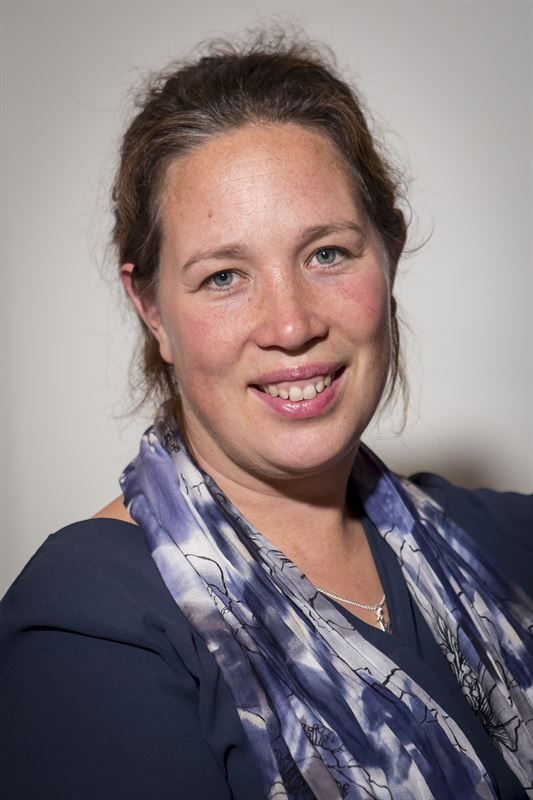
How to manage the Openness Paradoxisabout creating and retrieving value in open innovation. Although open innovation is becoming increasingly popular, studies show that the projects often fail. The thesis highlights the very dissimilar conditions required in the two parts, the tension between them and how the balance between openness and control can be managed. The authors study open innovation from an individual perspective and present findings that support managers and individuals working with open innovation. They also show that open innovation is a circular process and point to the importance of retrieving value other than purely monetary.
By Katrina Bendikas Chang, 3M and Daniel Karlsson, Fortos Management Consulting
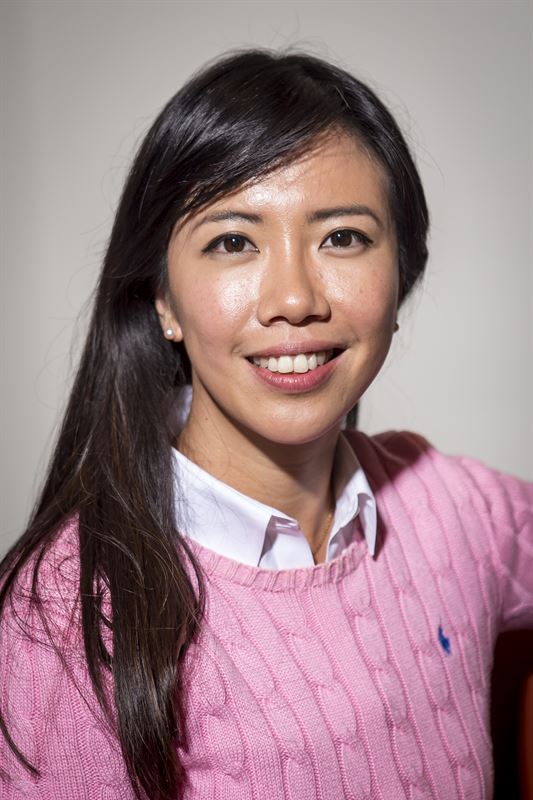
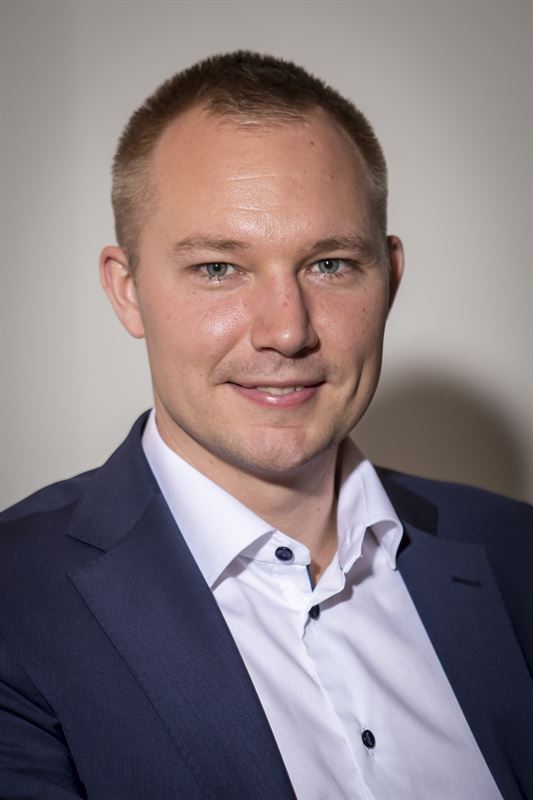
50/50 - Strategic decision making in disruptive times is about the characteristics of decision-makers when making strategic decisions in turbulent situations. The authors have studied real, strategic decision making in two mature companies. The result shows that decision makers change their attitude when they define circumstances as turbulent and realise that they must take decisions during periods with high risk combined with limited access to supporting data. In these cases, they cannot make rational decisions based on data. The thesis introduces the concept of Executive Cognitive Confidence, an asset that decision makers can use for strategic decision making in a turbulent context. The authors also highlight how decision makers gain and develop their cognitive confidence, their Executive Cognitive Confidence.
By Gustavo Guerra, Volvo Group and Katarina Wising, SKF
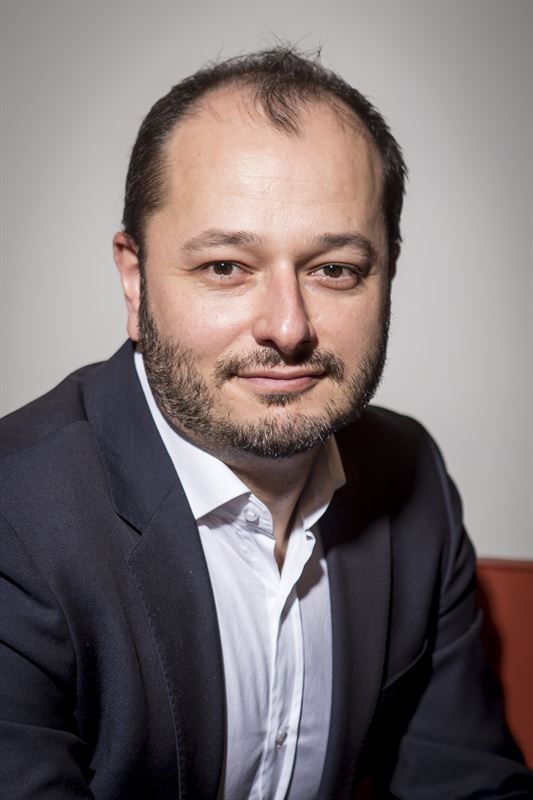
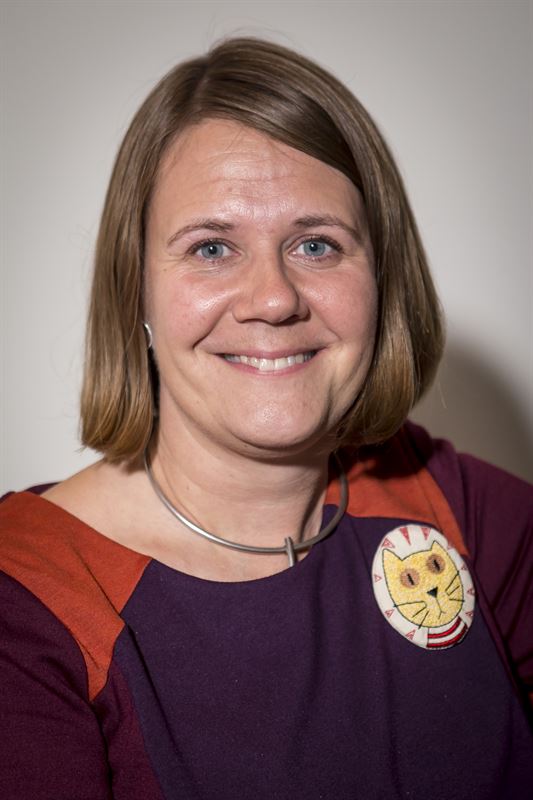
The incumbents' dilemma in digital transformation is about multinational companies' search for new paths to value creation. Digital development is redefining the market and challenging the views of mature companies on how they make money and how value is created. The authors have studied how two traditional companies in the manufacturing industry, both with a long history of product-oriented operations and with loyal employees who embrace the corporate culture, embark on a digital transformation. The thesis gives a clear view of the challenges and also clear advice on what is important in managing a successful digital transformation. In a market with today's high rate of change, the organisations that have the ability to adapt by harnessing new digital technology will be the ones who succeed in creating the highest value.
By Martin Elovsson, Volvo Group and Francisco Serrano, SKF


For more information, please contact
:
Håkan Ericson, CEO, GU Executive Education; hakan.ericson@handels.gu.se, +46 709 50 63 35
The School of Business, Economics and Law at the University of Gothenburg delivers Sweden’s first AMBA-accredited Executive MBA Programme, company-adapted leadership programs for internationally oriented companies in the Nordic market, as well as shorter open-enrolment programmes. The courses are delivered in Sweden and globally. By combining academic weight with practical relevance, the school develops its customers’ key employees. The School of Business, Economics and Law at the University of Gothenburg is one of only approximately 100 business schools in the world − and the only one in Sweden − that is Triple Crown accredited, i.e. it has the three main international accreditations for business schools from AMBA, AACSB and EQUIS. This corresponds to approximately 1% of the world’s business schools. www.guexed.com
GU Executive Education, Box 609, 405 30 Gothenburg. Telephone: +46 31 786 53 81.

Tags:












